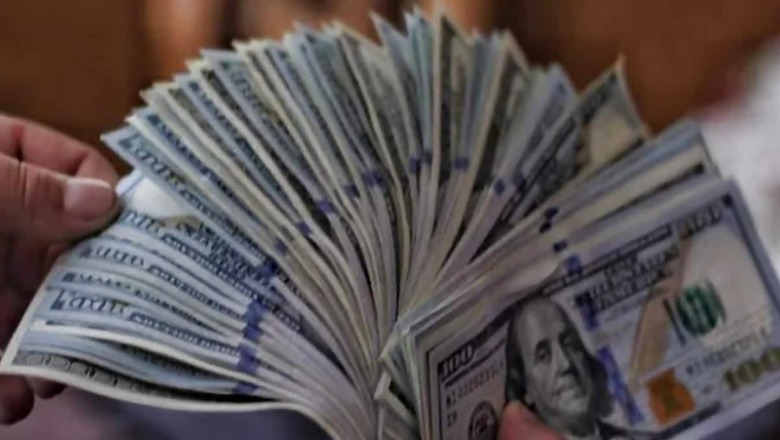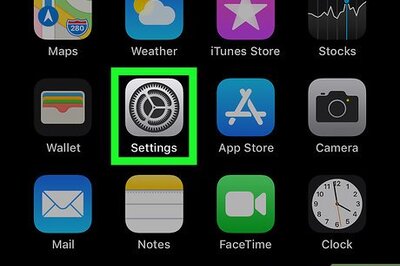
views
The government has said foreign exchange dealers and sellers of overseas tour packages will have to take an “undertaking” from their customers about their past remittances and overseas visits made in a fiscal for the purpose of deducting TCS.
The Income Tax department issued a set of FAQs on the applicability of changes relating to Tax Collection at Source (TCS) on Liberalised Remittance Scheme (LRS) and on the purchase of an overseas tour programme package. The differential rate of the TCS levy would kick in from October 1.
The FAQ also defined what would constitute an ‘overseas tour program package’, on which from October 1, 5 per cent TCS would be levied on expenditures up to Rs 7 lakh. Beyond that, a 20 per cent rate would apply. Currently, these packages attract 5 per cent TCS.
“It is clarified that the purchase of only an international travel ticket or purchase of only hotel accommodation, by in itself is not covered within the definition of ‘overseas tour program package’,” the Central Board of Direct Taxes (CBDT) said in a circular.
To qualify as an ‘overseas tour program package’, the package should include at least two of the following — international travel ticket; hotel accommodation/ boarding/ lodging; any other expenditure of similar nature or in relation thereto.
With regard to TCS under LRS, the CBDT said since the facility to provide real-time updates of remittances is still under development by the RBl, it is clarified that the details of earlier remittances under LRS by the remitter during the financial year may be taken by the authorised dealer through an undertaking at the time of remittance.
“If the authorised dealer correctly collects the tax at source based on the information given in this undertaking, he will not be treated as “assessee in default”. However, for any false information in the undertaking, appropriate action may be taken against the remitter under the Act,” the CBDT said.
The same methodology of taking an undertaking from the buyer of an overseas tour programme package may be followed by the seller of such package, it added.
Under LRS, a resident can remit money abroad up to a maximum of USD 2.50 lakh per annum. Beyond the threshold, RBI approval would be required.
Currently, remittances under LRS attract 5 per cent TCS over and above the Rs 7 lakh threshold. From October 1, the rate will go up to 20 per cent above the threshold.
The FAQ also defined, as per the RBI circular, what would constitute expenditure for medical treatment and for education for remittances under LRS.
Spending on medical treatment shall include the purchase of tickets of the person to be treated medically overseas (and his attendant) for commuting between India and the overseas destination; medical expenses and other day-to-day expenses required for such purpose.
Remittance for the purpose of education shall include, the purchase of tickets of the person undertaking study overseas for commuting between India and the overseas destination; the tuition and other fees to be paid to the educational institute; and other day-to-day expenses required for undertaking such study.
Remittances up to Rs 7 lakh made for medical and education purpose is exempt from TCS. Above that, 5 per cent TCS is applicable.
When the education is financed by a loan, then the TCS rate is 0.5 per cent.
The Finance Ministry earlier this week deferred by 3 months the implementation of a higher rate of TCS of 20 per cent on expenditures made under LRS and overseas tour packages till September 30.
The new rates, which as per the Budget proposal were to come into effect from July 1, will come into effect from October 1, 2023.
It has also dropped plans to levy TCS on overseas payments made through international credit cards and also said that such expenses will be included in the Liberalised Remittance Scheme (LRS) of the RBI.



















Comments
0 comment